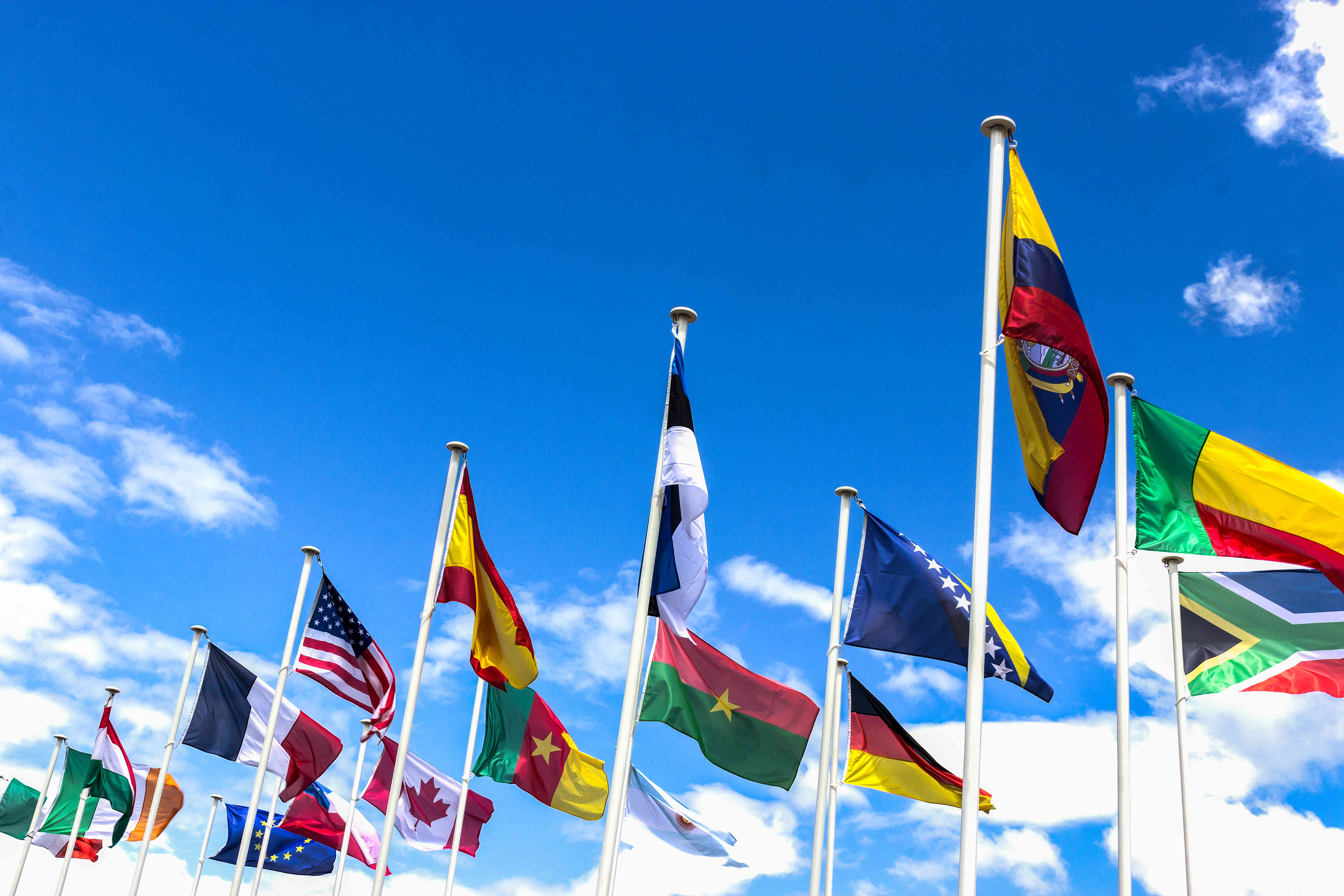EU - Ecodesign for Sustainable Products Regulation (ESPR) Overview 2024
Vol. 1411 | 12 Jul 2024
The Regulation (EU) 2024/1781 of the Eco-design for Sustainable Products Regulation (ESPR) was officially published on June 13, 2024. This regulation aims to replace the existing Eco-design Directive (2009/125/EC), and expands the Eco-design criteria to cover a wider array of products, including textile products. Its goal is to standardize sustainable products across the EU market. This article provides a comprehensive overview of the Ecodesign Regulation, including its history, future developments, and related legislation.
What is the Ecodesign Directive?
The European Ecodesign Directive (Directive 2009/125/EC) established ecodesign requirements for energy-related products. It is founded on the principles of sustainable design, or Ecodesign, which aims to minimize the environmental impact of a product throughout its lifecycle through thoughtful design solutions. Decisions are guided by environmental data, ideally measured using Life Cycle Assessment (LCA).
What is the Ecodesign for Sustainable Products Regulation (ESPR)?
The Ecodesign for Sustainable Products Regulation (ESPR), which will come into effect on July 18, 2024, is set to replace the current EU Ecodesign Directive. It will introduce more comprehensive Ecodesign requirements that will impact a broader range of product groups and companies.
The ESPR forms the foundation of the Commission’s strategy for promoting environmentally sustainable and circular products. The way products are used can significantly impact the environment, making EU consumption a major contributor to climate change and pollution.
The ESPR is part of a set of measures crucial for achieving the goals of the 2020 Circular Economy Action Plan. These measures will assist the EU in reaching its environmental and climate objectives, doubling the circularity rate of material use, and meeting energy efficiency targets by 2030.
ESPR Objective
The ESPR aims to significantly enhance the circularity, energy efficiency, and other environmental sustainability aspects of products sold in the EU market.
This will contribute to protecting our planet, promoting more sustainable business models, and boosting the overall competitiveness and resilience of the EU economy.
A sustainable product typically exhibits one or more of the following traits:
- Consumes less energy
- Has a longer lifespan
- Is easily repairable
- Can be easily disassembled for reuse
- Contains fewer harmful substances
- Is easily recyclable
- Includes more recycled content
- Has a lower carbon and environmental footprint throughout its lifecycle
It enables the setting of performance and information conditions, known as ‘ecodesign requirements’ for almost all categories of physical goods (with some exceptions, such as food and feed, as defined in Regulation 178/2002), including to:
- Improve product durability, reusability, upgradability and reparability
- Make products more energy and resource-efficient
- Address the presence of substances that inhibit circularity
- Increase recycled content
- Make products easier to remanufacture and recycle
- Set rules on carbon and environmental footprints
- Improve the availability of information on product sustainability
- For groups of products that share enough common characteristics, the framework allows horizontal rules to be set.
The ESPR also contains a number of other new measures like the Digital Product Passport.
The Digital Product Passport (DPP) is a digital identity card for products that will store information relevant to the sustainability, promote circularity and strengthen legal compliance. The information will allow for easy electronic access and allow consumers, manufacturers and authorities to make informed decisions and allow customs authorities to perform automatic checks on imported products.
Information to be included in the DPP will be identified by the Commission, in close consultation with all relevant stakeholders, and will depend on the specific product in question. This information can include:
- Product’s technical performance
- Materials and their origins
- Repair activities
- Recycling capabilities
- Lifecycle environmental impacts
What does ESPR mean for the textile industry and how can Intertek provide support?
The adoption of DPPs in the apparel and toy industries is a crucial step toward a sustainable and transparent future. By addressing challenges such as data collection, interoperability, stakeholder collaboration, and consumer engagement, the industry can fully leverage the benefits of DPPs. These passports enhance transparency, empower consumers, and support manufacturers in creating sustainable products.
Intertek provides tailored Digital Passport Solutions for the apparel and toys industries, encompassing verification of claims and documentation, risk assessment of suppliers, support in Life Cycle Assessment (LCA) and eco-design evaluations. Our premium services, including inspections, sustainability tests, and certifications, seamlessly integrate, forming a holistic and detailed product passport.
With the expertise and support of trusted partners like Intertek, the industry can achieve compliance, promote sustainable practices, and ensure the success of DPPs. By embracing this transformative technology, the European apparel and toy industry can move towards a future where products are responsibly designed, produced, and utilized, leading to a more sustainable and circular economy.
More information on the ESPR can be found here.
Learn more about Intertek’s Digital Product Passports solutions here.
If you have any questions, please contact our technical experts Ayyappan AKS (ayyappan.kandaswamy@intertek.com) or Dave Smith (dave.smith@intertek.com).
